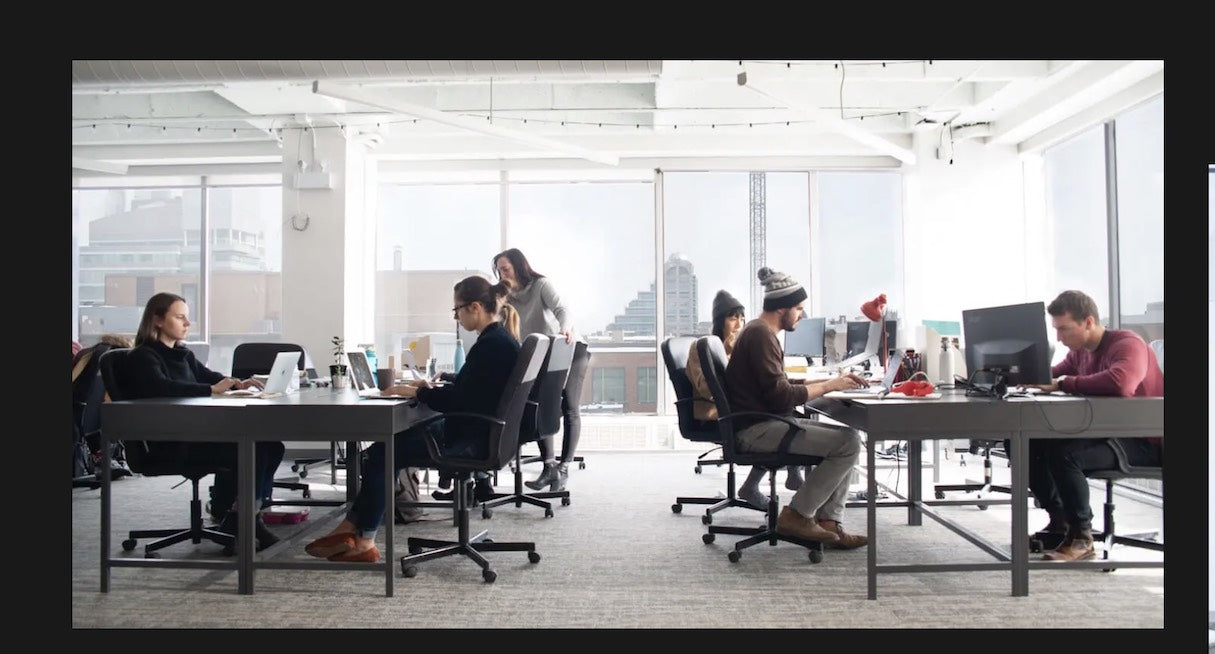We’re a day away from Black Friday/Cyber Monday 2019, one of the busiest times in ecommerce. Last year, Shopify merchants made a record-breaking $1.5 billion USD in sales, with a peak orders per minute of 10,978. Those numbers are mind-boggling, and an indication of the hard work that entrepreneurs of all stripes—merchants and partners—pour into the holiday season.
Because there is such expertise among Shopify Partners, we reached out to a number of them ahead of the big event to ask them for their top BFCM advice. What we found was that these partners and developers had insights to share that were relevant any time of year and for all kinds of different projects.
In fact, these project management tips can not only help you manage busy seasons, but will also help you better plan and prioritize so you can think big for your clients and users. In this article, we look at how lessons learned during Black Friday/Cyber Monday can help you get more strategic with your work all year long.
The Complete Guide to Web Design Project Management
Read our complete guide to web design project management for developers, designers, and marketers. Learn how to work with stakeholders, manage budgets, and keep your clients happy.
Learn more1. Ruthlessly prioritize
For Rachael Yaeger, founder of Shopify Partner agency Human, NYC, her best project management tip for BFCM is to help your clients stay calm.
“If you have clients that have never been through ecommerce launches before, it can be high stress,” Rachael says. “But you shouldn’t feel racecar driver pressure.”
The trick to managing those high pressure scenarios? Start early, and involve your clients in your ruthless prioritization strategies.
“Getting asked ‘is our site ready for BFCM?’ is such a loaded question,” Rachael explains. “Instead, let’s dissect what needs to get done and prioritize together because there are probably 20 things to do, and realistically only four of those will get done. Custom development and testing are a lot of work, and doing something super simple like changing color variants is huge. Have a good understanding of timelines.”
Let’s dissect what needs to get done and prioritize together.

But helping your clients is more than just taking their asks as they come, says Rachael.
“I try to counsel brands to do what’s right for them. Remember that your clients don’t have to do the BFCM thing just because everyone else is doing it. They should do what’s authentically on brand for them, which may be to never have sales, or to run sales only when no one else is doing them, or when they need to shift inventory. It's such a cool time in the industry and so many people are doing so many cool things, you don’t need to play to the internet’s norms."
Prioritize, break the work into manageable tasks, give yourself plenty of time, and help counsel your clients on big decisions: advice that resonates no matter the season.
You might also like: Project Budget Management: How to Keep Your Clients Happy.
2. Nail your timeline
For Shopify App Developers Arka, who create custom shipping boxes, being ready for BFCM means getting your timeline right to maximize your results during the event—and that means considering the timelines your users are following, too.
“You need to balance internal timelines to be totally in sync with the dates merchants are targeting,” says founder and CEO, Phillip Akhzar. “For example, we run our sale three to five weeks before Black Friday, which allows us to guarantee delivery of our boxes to all of our customers before Black Friday.”
You need to balance internal timelines to be totally in sync with the dates merchants are targeting.

Considering your timelines also means considering how far out you need pre-plan. For Arka, offering reduced costs for BFCM is important, which means negotiating rate reductions with suppliers in advance so they can maintain healthy margins despite offering lower prices.
Timelines also include how you’ll market your app in the months leading up to the event.
“Sales like BFCM are a great time to ramp up your marketing. Conversion rates are typically higher, so by timing your marketing activities to align with these natural increases in demand, you can expect a further increase in conversion rates. Ensure you have email marketing campaigns ready to go.”
Arka’s project management tip stresses the importance of understanding the wider context around you, your industry, and your client, to help you make better informed decisions year-round.
3. Have a plan B (and C, and D)
For Rebecca Worsley, CEO of Rainy City Marketing, being ready for BFCM means having contingency plans in place long before the event itself. To get one of their clients ready for six figures in sales during BFCM, they implemented a number of changes to increase conversions.
“We implemented ‘free gift with purchase’ checkout scripts, and worked on CRO leading up to BFCM to ensure an enhanced mobile layout was in place,” Rebecca explains. “We implemented a new drop down feature for mobile customers to make it easier to select product color variants. In addition, we did a lot of work to improve the sitewide speed.”
With so many changes, making sure everything worked properly was only part of the equation—the team also needed to ensure that the new features were actually leading to an increase in conversions.
“These were thoroughly tested up to two weeks before the big event, as we had to ensure everything was ready to go,” Rebecca explains. “We saw a 1.6 percent increase in conversions across mobile after implementing these changes.”

But being prepared for BFCM, or any important launch, means going further than thorough testing—it also means having backup plans in case things go awry during the event itself. For the team at Rainy City Marketing, those backup plans took the form of a site backup app, which backed up their client’s site hourly.
“It was a relief to have,” Rebecca says. “Even one hour of downtime while running a significant amount of paid traffic to the site can be extremely costly, in lost revenue and lost ad spend.”
Even one hour of downtime while running a significant amount of paid traffic to the site can be extremely costly, in lost revenue and lost ad spend.
By planning in advance, testing new features, and implementing a system for backing everything up, Rainy City Marketing was able to get their client ready for six figures in sales.
4. Be proactive
While considering timelines has been at the forefront of the project management tips shared by most partners, Justin Frenette, co-founder and technical director of Him and Her goes a step further. For Justin, being proactive about upcoming holidays and busy times helps him and his team better mitigate risks and avoid scope creep. This sets his team up to better handle the pressure of delivering quality work, while helping them avoid disappointing their clients.
“When we reflected on past Black Friday Cyber Mondays, we saw there’s no reason to not reach out to clients ahead of time,” Justin says. “You can ask whether they’ve started thinking of BFCM and if there’s anything that they’re planning. First, this stops you from getting caught off guard, and second, if they’re not planning anything, there’s a great upsell opportunity to sell your expertise as a partner.”

The benefit of broaching the topic in advance with clients—even clients who traditionally don’t participate in sales events like BFCM—is that you can start offering guidance to clients, and even propose out-of-the-box ideas, since you’ve given yourself enough time to tackle them.
“It creates a better experience for your clients, where you don’t have to deal with that stress and that last minute pressure to deliver, or have your campaign fail. Even though the client came to you last minute and it’s not your fault, it’s still your fault—which is the bad part of this world,” Justin explains. “There’s absolutely no reason that accounts teams can’t reach out ahead of time.”
It creates a better experience for your clients, where you don’t have to deal with that stress and that last minute pressure to deliver, or have your campaign fail.
Don’t be afraid to start the conversation with clients early, and to give yourself wiggle room to get innovative and offer your creative talents to your clients. When you understand what your client’s busy seasons are, you can apply this thinking to the whole year, not just BFCM.
The takeaway: think big
The advice from all the partners we spoke with falls along similar lines: start early, get creative, prioritize what’s most important, and have a fallback plan. When you give yourself the time to think up big plans for clients and users, you also have the time to make the biggest impact, and set up Plan B when, inevitably, something goes wrong. Doing so not only sets merchants up for big success, but also helps you manage your stress during the year’s busy seasons.
We hope these learnings help you tackle not just BFCM in the years to come, but also all the projects that you’re involved with throughout the year.
Read more
What are your biggest takeaways from previous BFCMs? Share your thoughts in the comments below!

